As we’ve all seen on our social media (probably), there have been a lot of status updates with the hashtag #MeToo. I’ve read the stories of friends, relatives, and random acquaintances share their stories regarding sexual assault or harassment.
The most depressing thing I have realized is that I wasn’t surprised. I wasn’t surprised that so many women I hold near and dear to my heart have been catcalled. I wasn’t surprised that women shared their stories of sprinting to their cars at night, afraid of the group of men behind them. And most tragically, I wasn’t surprised to hear of women being coerced or forced into having sex.
I absolutely commend these individuals who share their stories online. There is no disputing that fact. But the more I read these stories, the more I realized that I was uncomfortable. Not uncomfortable in that I don’t support this movement, but rather uncomfortable with what it’s rooted in and what it tells me.
The catalyst of #MeToo feeds off of the notion that normalization of a rape culture must end, and end now. It stems from pervasive sexism in the most blatant of ways. Sexual violence is a result of inequality and entitlement. And when we read these stories, as perhaps you can attest, most of them have come from women. But why? If sexism negatively affects us all (which it does) why is it women who need to talk about it? Aren’t men impacted too?
The short answer - yes. Of course. People from every background are impacted my sexual violence. Men, women, heterosexual, homosexual, trans, bi, cis-gender, gender fluid, etc. But there is even further a normalization of rape culture in which we picture assault as falling between one man and one woman, in heterosexual violence. And, again I question, if it can happen to everyone, why are mostly women sharing their stories?
Well, statistically, it is more likely that women will be subject to sexual assault throughout their lifetimes as compared to men. Approximately 1 in 6 women have been the victim of an attempted or completed rape, according to RAINN. Meanwhile, 1 in 33 men will be subject to the same violence. And while sexual violence is already incredibly underreported, it is even less likely that men will come forward to share their stories.
Knowing this, is there a status quo we perform in our own minds? When this violence occurs, must a woman come forward to share her story instead of a man coming forward to admit his guilt?
#MeToo makes a difference. Every individual who shared their story made a difference - an act of courage that should be commended. Awareness is essential , as it helps for these types of conversations to happen, and for these types of articles to peak in popularity. But raising awareness of sexual assault does not solve the problem. Sexual violence is the byproduct of a much larger issue, not the cause of it. That lies in destroying sexism, my friends.
Sexual violence is the product of a need and display of unequal power. Men have more of it in our society - physically, economically, socially, politically, etc. Our society’s gendered stereotypes facilitate raising boys to be powerful, dominant, and assertive men.
Taken to an extreme, and developed over time, this is what manifests as sexual violence - (often) an exertion of a man’s physical power of that of a woman’s. So, if our society continues this unequal distribution of gendered characteristics, there will be a steady continuation of sexual violence.
This isn’t to say that any powerful man is a sexual offender, or that a woman couldn’t be capable of committing sexual violence. This is rather to say that if we leave these gendered stereotypes as is, our society will continue on a path of perceiving men and women as fundamentally different, with one being lesser (the woman, I might add). One powerful, one powerless. One entitled, one disempowered. So how does #MeToo inform us about sexual violence, and so much more?
In a way, #MeToo is more than enough while simultaneously being not enough.
It is more than enough for the survivors of sexual assault to come forward with their stories. It is more than enough that my Facebook newsfeed was filled with stories of survivors who were compelled to share their struggles and their strength. And yet, it is not enough in that we still name victims in a powerful social media movement, and yet the perpetrators remain unnamed. It places, yet again, the responsibility of ending sexism on women’s shoulders. It reinforces that women must be their own advocates, despite the fact this violence impacts us all.
So what’s the solution? How can we ensure that no individual must endure this type of horrendous violence ever again?
I don’t know the big answer, but I know it lies in a lot of changes. Changes in thought and action. So, examine your own thinking. How do you think about these issues of gender, sexism, and inequality? Examine how you act. Do you work towards equality, or do you think ‘not my problem’?
Men must be part of the solution. Until then, everything that can be said about sexual violence will fall on deaf ears. It will be seen as women complaining about something that merely affects women. #MeToo should be a two sided conversation, where these uncomfortable conversations are met with a willingness to learn. Listening to other people’s stories shouldn’t be tell you why sexual assault is bad - you should hopefully know that. It should teach us how we can all be better humans and better advocates, regardless of sex.
If you think ‘not my problem’, you are sorely mistaken. It is all of our problems. If you’re a human, you can be subject to sexual violence. If you are a living, breathing person with a heart, you should know that no one should endure the pain of sexual assault. If you care about those around you, see that sexual violence hurts our communities, our friends, and our families.
So #MeToo, thank you for raising an awareness. Thank you for making these conversations take place. Thank you to all of those courageous individuals who shared their experiences. And to you, my dear reader, think about what these stories should teach us. Don’t let them be in vain - read other people’s struggles and let it foster a purpose in you. Let it foster compassion in you.
To all of you who shared your stories, and even to those of who you didn’t feel compelled to - me, too.

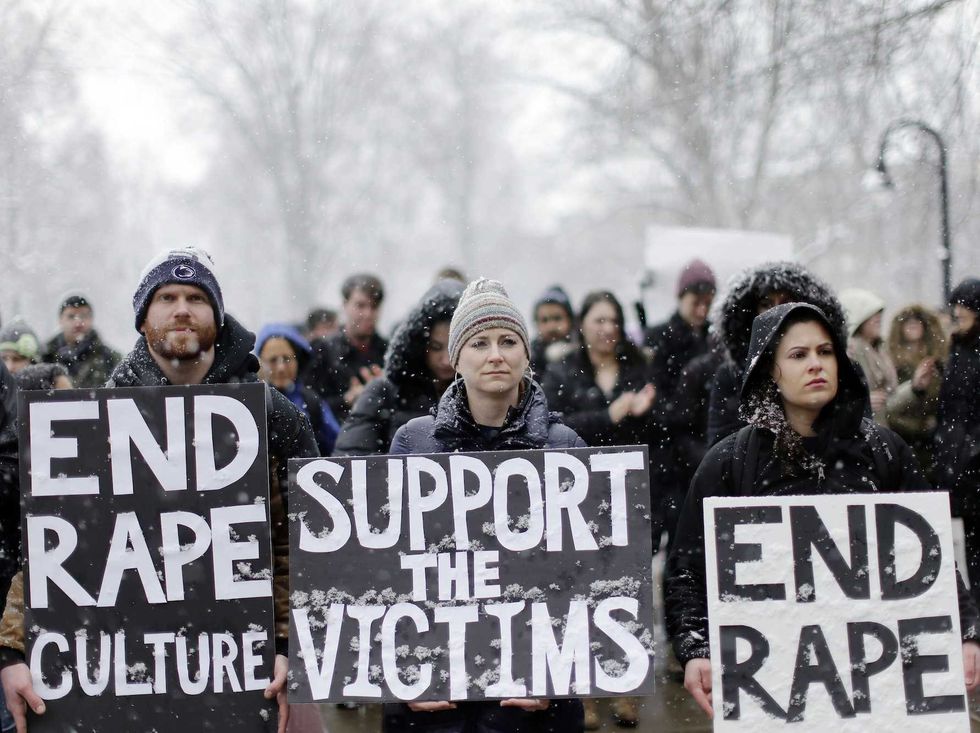













 shiny things
StableDiffusion
shiny things
StableDiffusion
 listen to your heart
StableDiffusion
listen to your heart
StableDiffusion
 face your fear
StableDiffusion
face your fear
StableDiffusion
 olympic woman
StableDiffusion
olympic woman
StableDiffusion
 Lessons of life
StableDiffusion
Lessons of life
StableDiffusion
 Woman praying
StableDiffusion
Woman praying
StableDiffusion
 Disneys Goofy
StableDiffusion
Disneys Goofy
StableDiffusion
 love
StableDiffusion
love
StableDiffusion
 you are stronger than you think
StableDiffusion
you are stronger than you think
StableDiffusion
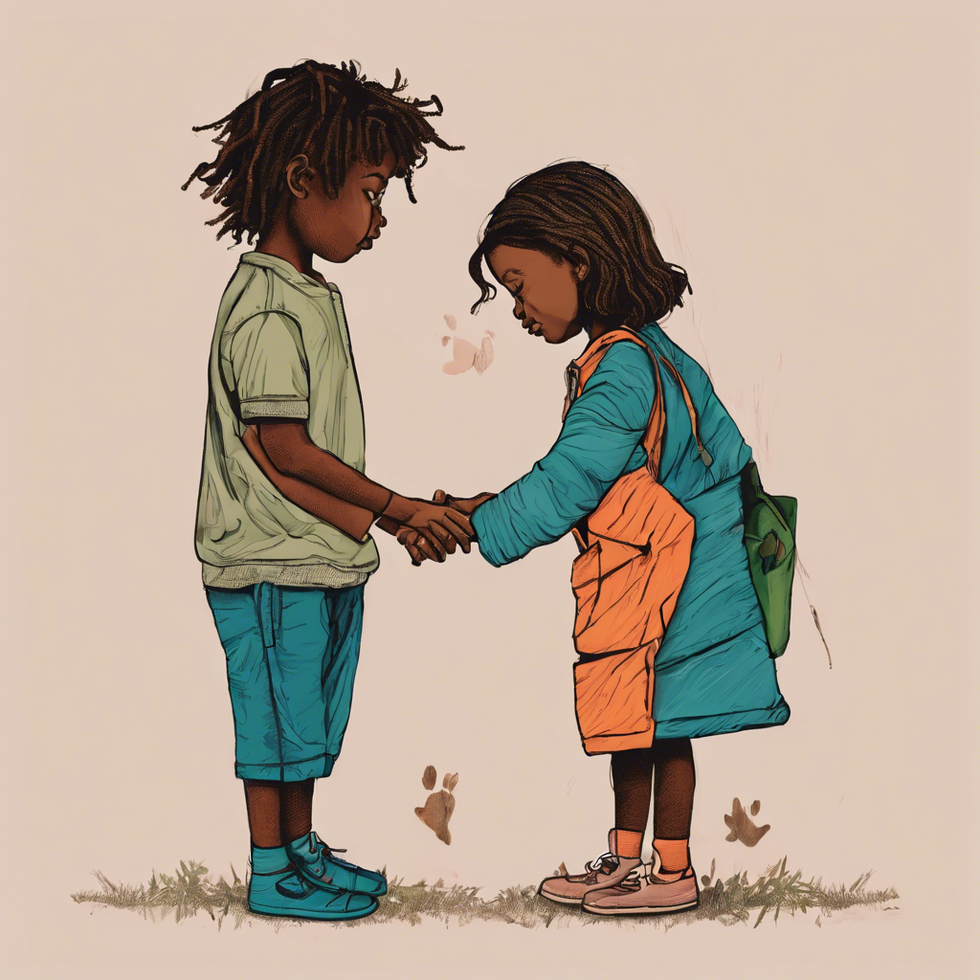 kindness
StableDiffusion
kindness
StableDiffusion

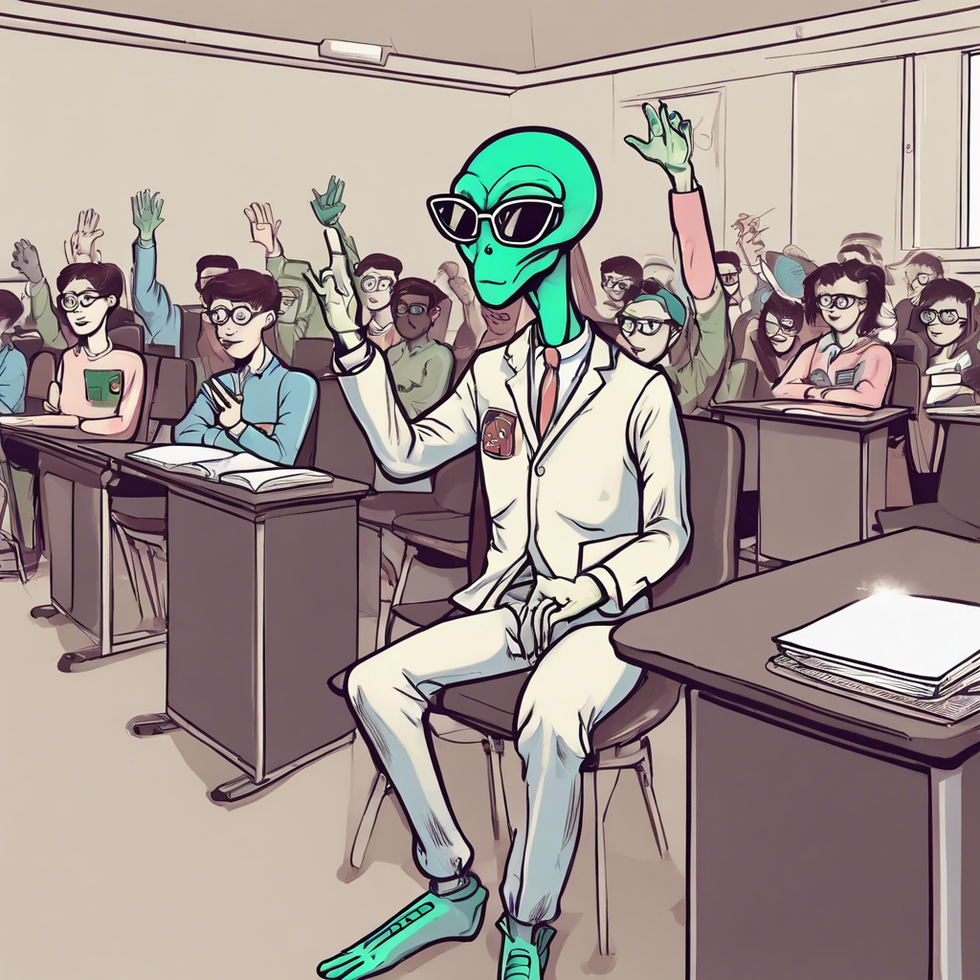 StableDiffusion
StableDiffusion StableDiffusion
StableDiffusion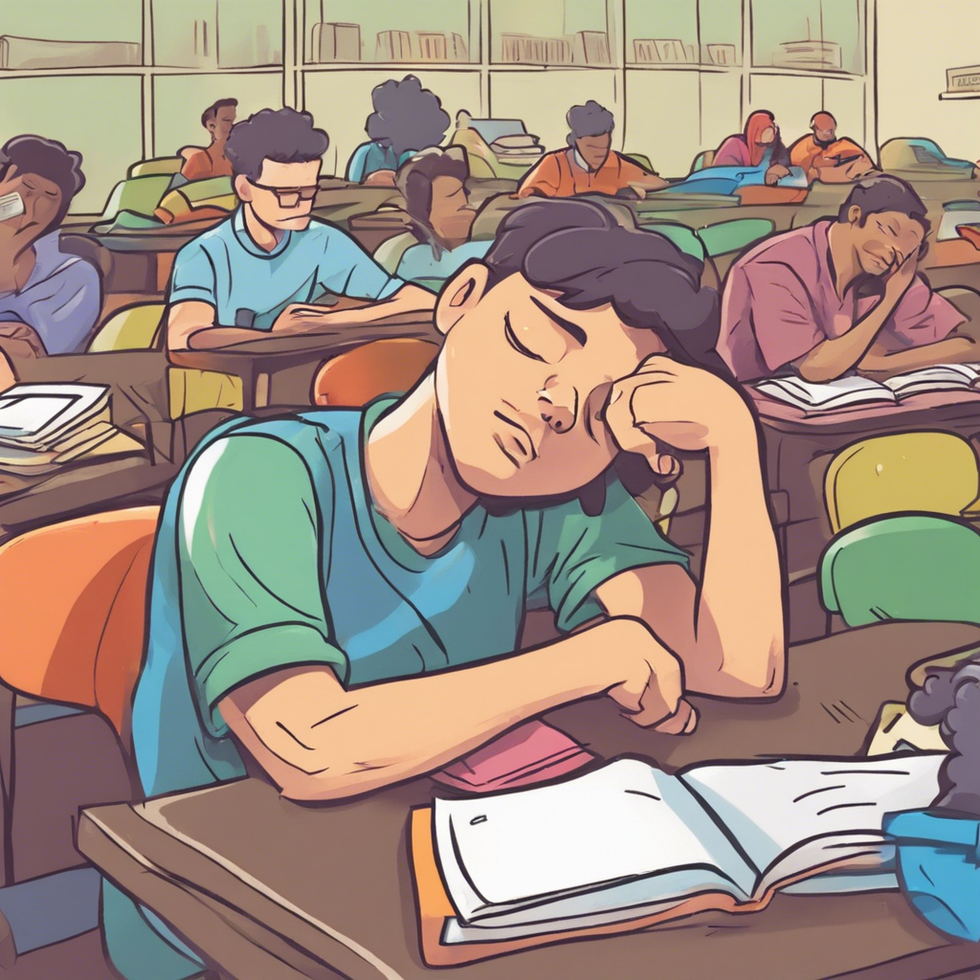 StableDiffusion
StableDiffusion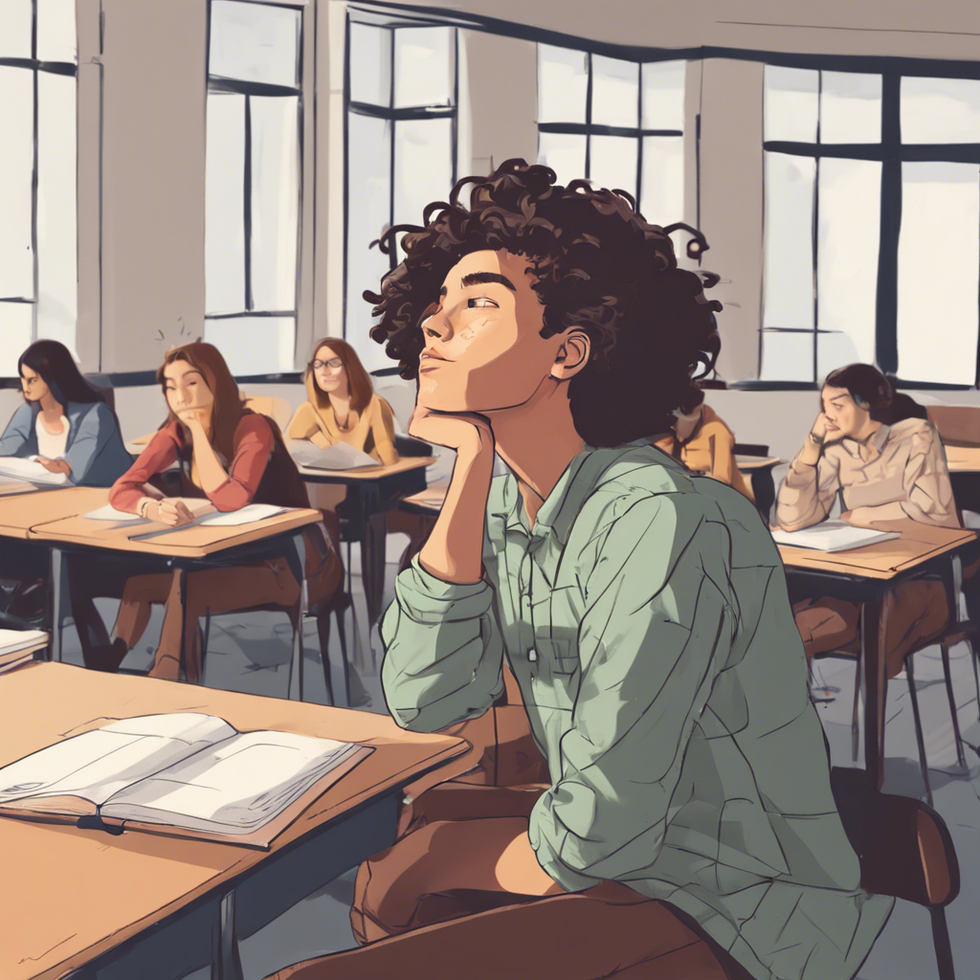 StableDiffusion
StableDiffusion StableDiffusion
StableDiffusion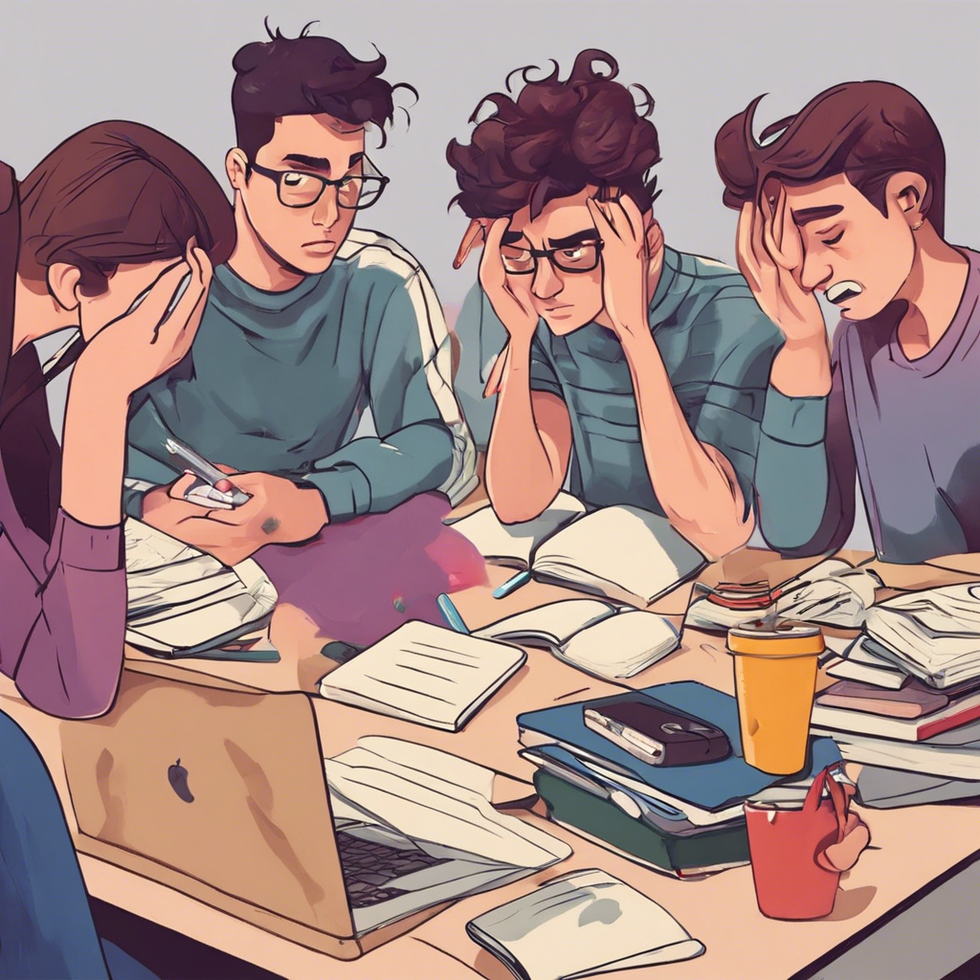 StableDiffusion
StableDiffusion StableDiffusion
StableDiffusion

 StableDiffusion
StableDiffusion StableDiffusion
StableDiffusion
 StableDiffusion
StableDiffusion
 StableDiffusion
StableDiffusion
 StableDiffusion
StableDiffusion
 StableDiffusion
StableDiffusion
 StableDiffusion
StableDiffusion
 StableDiffusion
StableDiffusion









